
What’s the best way to land on Mars? Mizzou Engineering researcher compares top strategies
A Mizzou Engineer has compared five popular planetary landing laws, determining that at the moment, there is no one-size-fits-all approach.
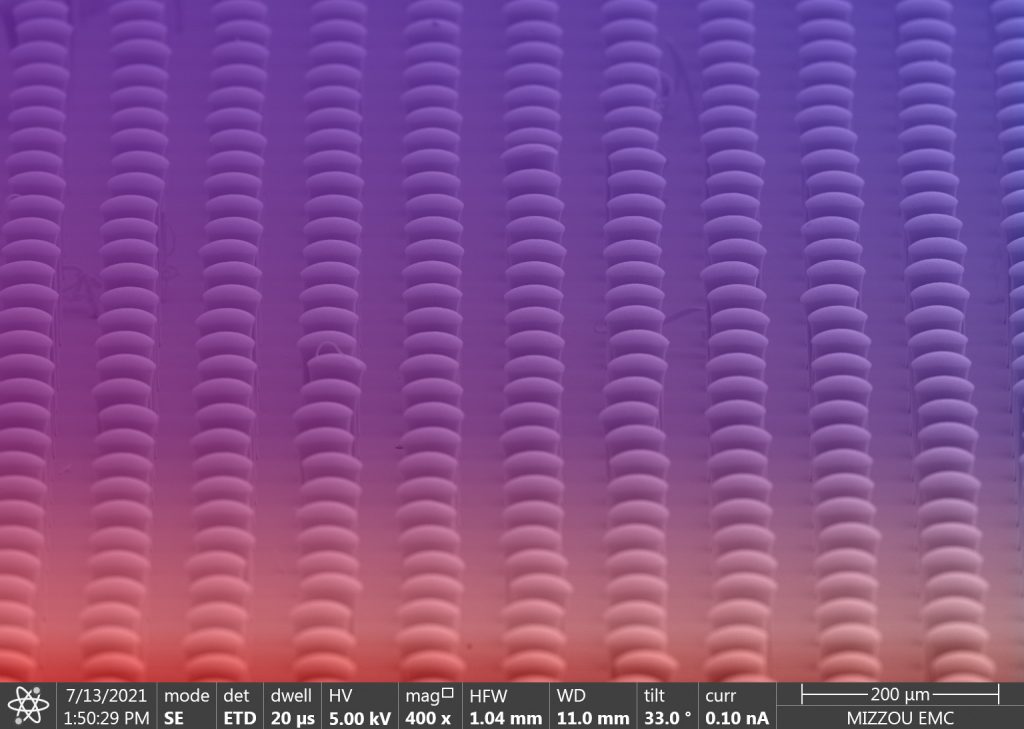
Team uses machine learning to predict the properties of simulated carbon nanotube arrays
A Mizzou Engineering team has spent the past couple of years developing a simulation model to demonstrate how carbon nanotubes can be produced without losing their optimal properties.

New method could use less energy to turn seawater into drinking water
A Mizzou Engineer is taking another look at a desalination system that uses electricity to pull ions out of water.

Proposed tool would give users control of social media images
A Mizzou Engineering team is devising a tool that social media platforms could implement to help you dictate who gets to share your face.
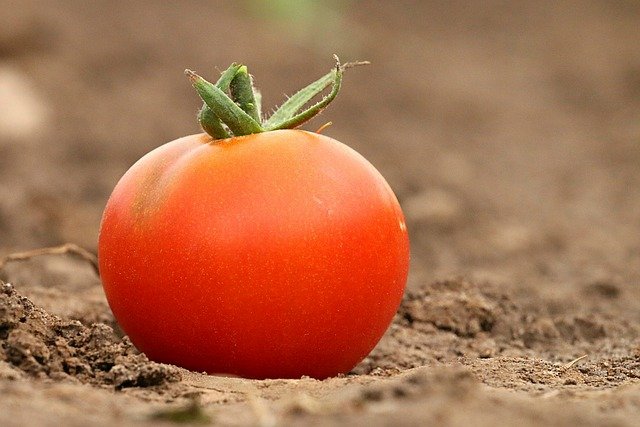
Mizzou Engineer developing an easier way to test produce for pesticide
Farmers in the future could have an easier way to test produce for pesticide residue thanks to the work of Mizzou Engineers.
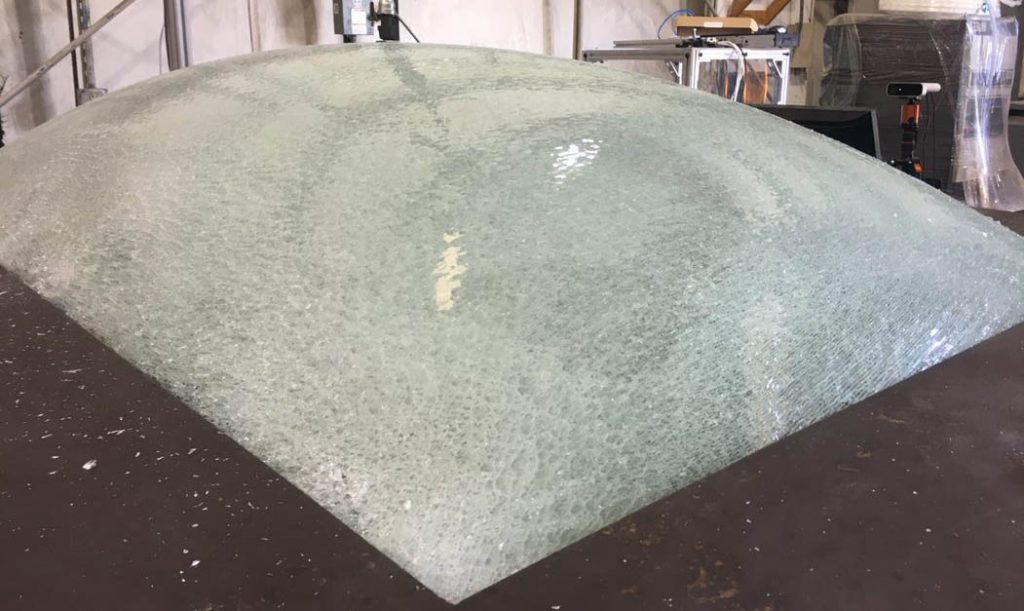
Researcher investigating new types of blast-resistant glass
Professor Hani Salim is looking into innovative new ways to keep glass from shattering in the event of a blast.
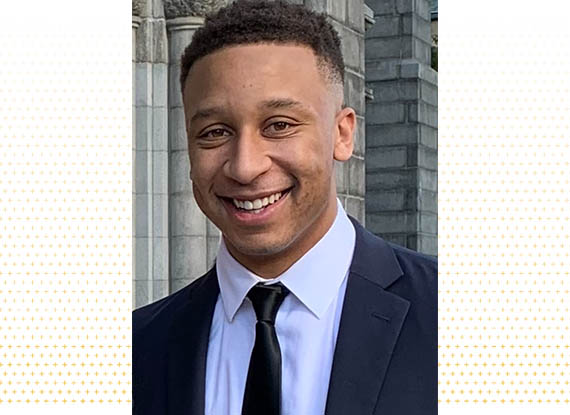
Oruche receives prestigious GEM Associate Fellowship
Roland Oruche, a PhD student in computer science, has been named a GEM Associate Fellow by the National GEM Consortium.
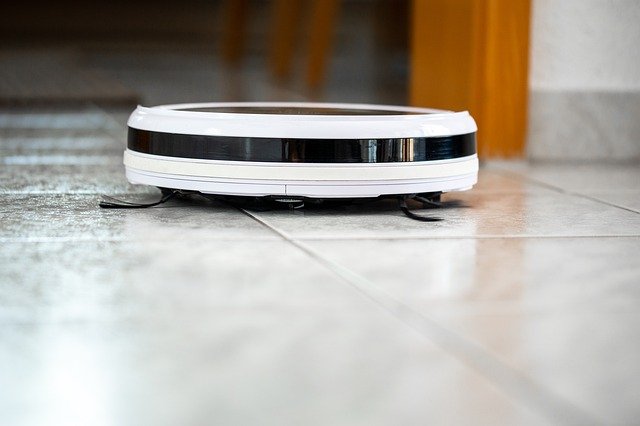
Mizzou Engineer develops way for robots to navigate complex spaces
A Mizzou Engineer has developed a new way to help robots better navigate complicated environments.
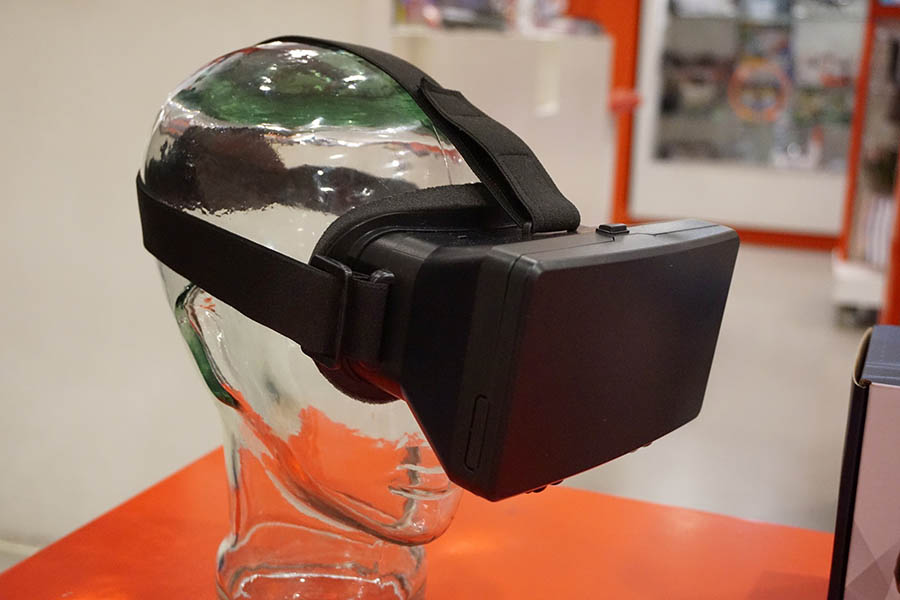
Researchers aim to protect cyber space in virtual reality environments
A Mizzou Engineering team is beginning to study possible cyber threats in virtual reality environments.

Optimal break times improve work performance, study shows
Workers who perform routine tasks do so faster and with fewer errors if they take breaks at the right times, a Mizzou Engineering team has found.